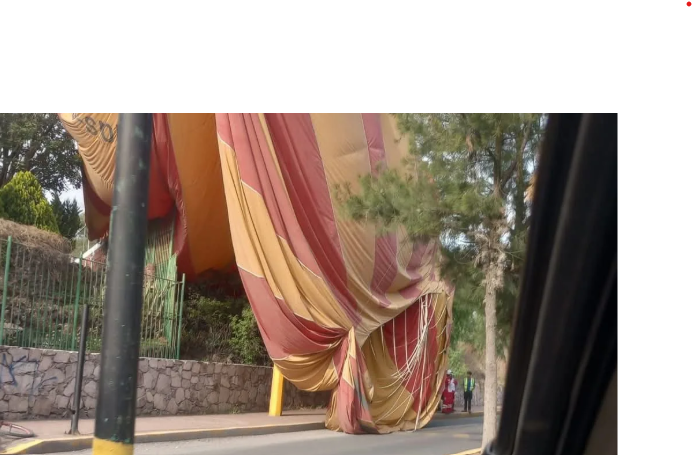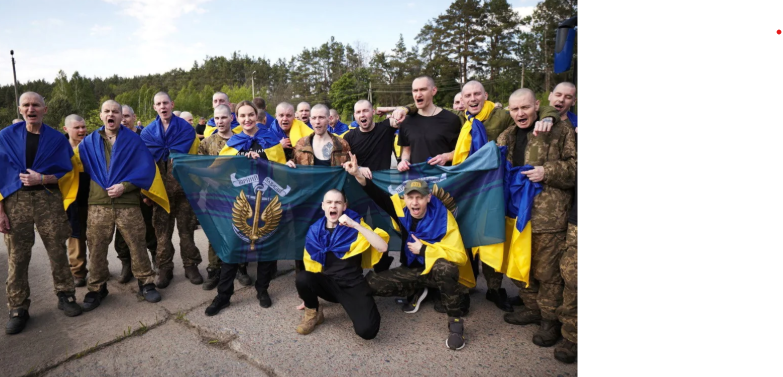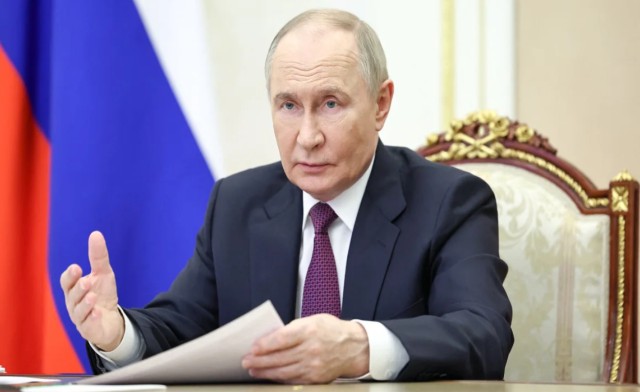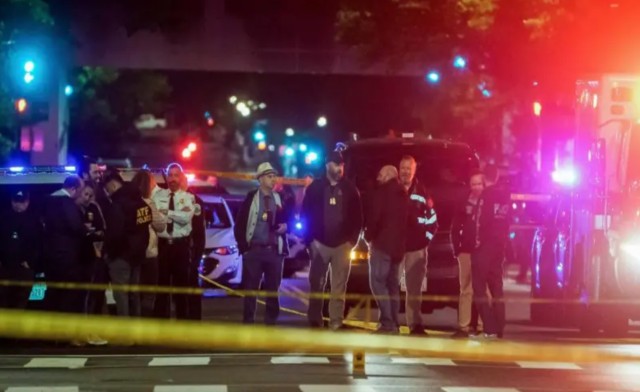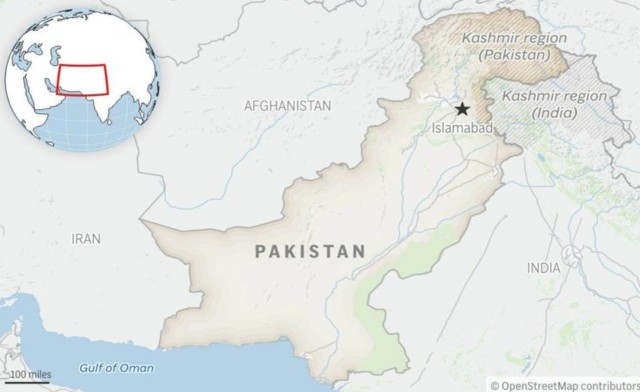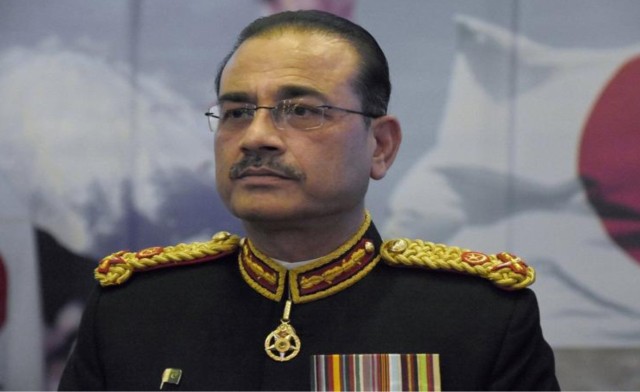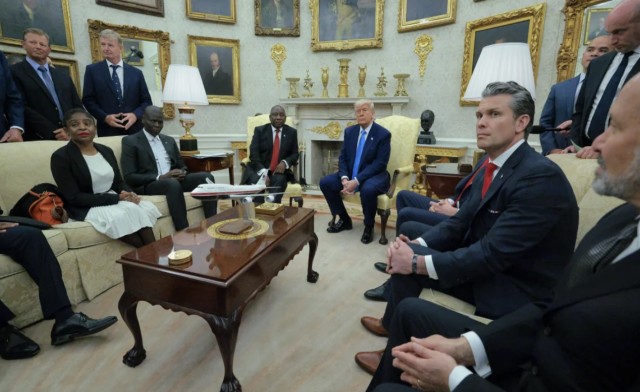
Iranian Foreign Minister Abbas Araghchi attends a news conference in Baghdad, on December 6.
The latest round of nuclear negotiations between the United States and Iran has ended with minimal progress. Despite five rounds of high-stakes discussions in Rome, key differences remain unresolved. Tensions are escalating, with both sides expressing skepticism and hardening their positions.
Stalemate in Rome
Friday’s two-hour meeting concluded with both sides agreeing to continue talks, but without clear direction. A US official labeled the discussions “constructive,” acknowledging progress but admitting more work lies ahead.
Iranian Foreign Minister Abbas Araghchi emphasized the complexity of the issues. Speaking to Iranian state media, he called the talks “professional” but warned that a resolution would not come quickly.
Tehran Doubts Washington’s Intentions
While diplomacy continues, Iranian officials are growing doubtful. Two senior sources told CNN that Tehran sees little chance of a breakthrough. The sticking point? Uranium enrichment.
Iran insists on its right to enrich uranium for peaceful energy use. The US, however, is demanding that enrichment stop altogether. Araghchi made Tehran’s stance clear before leaving for Rome: “Zero nuclear weapons = deal. Zero enrichment = no deal.”
US Toughens Stance
The Trump administration has firmed up its position in recent weeks. It now insists Iran must halt all uranium enrichment. The US claims enrichment enables the development of nuclear weapons. Iran, in contrast, maintains its program is peaceful and non-military.
This shift has sparked frustration in Iran. Officials now believe Washington is not negotiating in good faith. They accuse the US of pushing a deal that Tehran simply cannot accept.
Backchannel Diplomacy and Regional Mediation
Omani Foreign Minister Badr al-Busaidi joined the talks to help mediate. He expressed hope that unresolved issues could soon be addressed. Iran also thanked Italy for hosting and facilitating open discussions.
Despite these gestures, skepticism persists. Iran views many US proposals as aligned with Israel’s hardline stance. American envoy Steve Witkoff even met with Ron Dermer, a top advisor to Israeli Prime Minister Netanyahu, fueling Tehran’s suspicions.
Sanctions Cloud the Talks
As the Rome talks unfolded, Washington announced new sanctions against Iran. These targeted the country’s construction sector and materials linked to its nuclear and missile programs. The US says these are controlled by the Islamic Revolutionary Guard Corps (IRGC).
Iran’s foreign ministry slammed the sanctions as “inhuman and unlawful.” They argued the timing—just before the latest round of talks—showed the US is undermining diplomacy, not encouraging it.
Experts Warn Against Misjudging Iran
Analysts say the US may be misreading Iran’s strategy. Ali Vaez of the International Crisis Group warned that pushing Iran too far could backfire. “A weakened Iran is less likely to compromise,” he noted. Conceding from a position of weakness, he said, could be seen as risking regime collapse.
Others, like Sanam Vakil from Chatham House, suggest that quiet, backchannel diplomacy would be more effective. Loud threats and public pressure may only push Iran to dig in its heels.
Shadow of Israeli Military Action
Adding to the tension are reports that Israel may strike Iranian nuclear sites. Multiple US officials say they’ve obtained intelligence suggesting Israel is preparing for such an attack. US Ambassador to Israel Mike Huckabee confirmed awareness of Israel’s planning, signaling conditional support.
Experts believe any Israeli strike would derail the talks entirely. Iran could even quit the Nuclear Non-Proliferation Treaty (NPT). Trita Parsi from the Quincy Institute warned that such an action would kill any chance of diplomacy.
A Fragile Path Forward
Both Iran and the US claim they want to keep talking. But with deep mistrust, new sanctions, and looming threats, the path to a deal is narrowing. The demand for “zero enrichment” appears to be a deal-breaker. Unless both sides show flexibility, the prospect of meaningful progress will remain distant.


